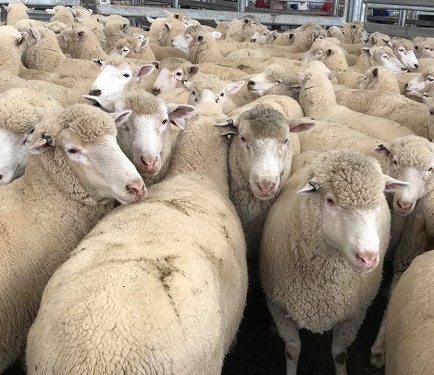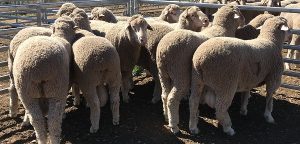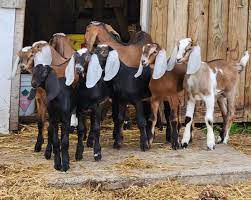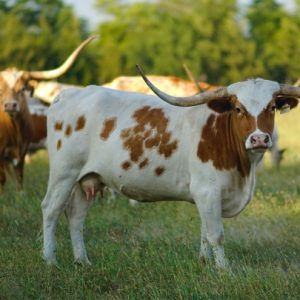Merino Sheep for Sale – Premium Wool Producers with Unmatched Temperament
At CostaBull, we proudly offer top-quality Merino sheep for sale to buyers who value excellence in both wool yield and animal temperament. Known globally for producing the finest and softest wool, Merinos are an ideal investment whether you’re a seasoned wool farmer or just beginning your journey into livestock. Their adaptability, docile nature, and high fleece yield make them one of the most reliable sheep breeds in the industry.
The Ideal Breed for Commercial and Small-Scale Farms
Our Merino sheep for sale are carefully raised in healthy, controlled environments to ensure their wool is consistent, clean, and of exceptional quality. Their ability to thrive in diverse climates makes them a top pick for farmers looking to maintain productive and low-maintenance flocks. For buyers interested in diversifying their livestock portfolio, pairing Merinos with breeds like Angus cattle can create a well-rounded and profitable farm operation.
Add Value with Strong Livestock Companions
In addition to offering premium Merino sheep for sale, we support our buyers by recommending ideal livestock combinations. Consider expanding your farm with Anglo Nubian Goats, known for their rich milk, or the resilient Kalahari Red Goats, favored for their meat quality. If you’re looking for a unique milk-producing breed to complement your sheep, the Cyprus Shami Goats are an excellent choice.
Order Merino Sheep Now with Confidence
CostaBull ensures that all animals, including our Merino sheep meet the highest standards of health, care, and breeding integrity. We’re committed to helping you succeed in your agricultural endeavors with livestock that brings dependable returns and ease of management. Whether you’re scaling up or starting fresh, CostaBull has the livestock you can trust.





Tariq (verified owner) –
Healthy livestock supplier.
Francesco (verified owner) –
Healthy livestock supplier.
Zayd (verified owner) –
Arrived in good health.
Nadia (verified owner) –
The delivery was so fast.
Malik (verified owner) –
All livestock are healthy.
Nour (verified owner) –
Thanks for your quality livestock
Khaled (verified owner) –
The delivery was so fast.
Musa Mustapha –
Best price and fast shipping
Jamal (verified owner) –
Kind support team
Valentina (verified owner) –
Arrived in good health.
Malik (verified owner) –
Very fast delivery.